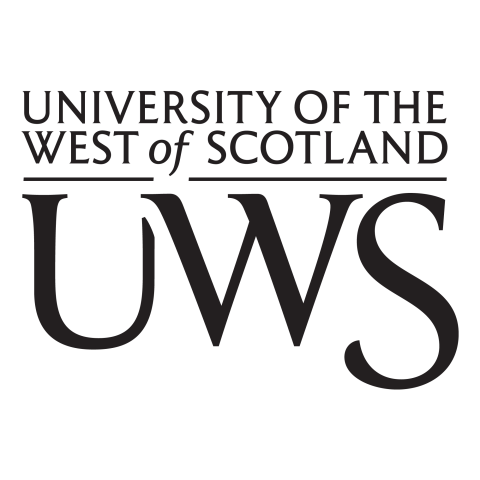
‘The experience of mixing with peers from other schools and engaging with university life is transformational’
You may also like
With targeted support that fosters aspiration and adapts to local needs, the UWS Foundation Academy exemplifies how widening participation initiatives can make a meaningful difference to individuals and communities. Its success is a testament to the power of education as a tool for positive social change.
The academy is designed to bridge the gap between high school and university for students who may not typically consider higher education, with a programme that reflects the principles of widening access and breaking down barriers to education. In line with the University of the West of Scotland’s (UWS) strategic mission, the academy seeks to inspire individuals and make a positive impact on local communities and wider society, while addressing United Nations Sustainable Development Goals 4 (quality education) and 10 (reduced inequalities).
The UWS Foundation Academy was established – its pilot programme launched in 2022 – with a clear mission to provide high school pupils, primarily from areas of significant socio-economic disadvantage, as identified by the Scottish Index of Multiple Deprivation (SIMD), with the tools and support to succeed in higher education. This programme offers a progressive, comprehensive 12-month transition support package, including an interactive day on one of our campuses, one-to-one support after results day, a dedicated email service throughout the programme, access to online resources on our teaching platform, and 10 weekly sessions. These cover topics such as transitions support, preparation for higher education, personal statement feedback, Ucas application support, budgeting, academic skills and preparing for life as a student. Participants also receive support with submitting their Ucas statement, a certificate upon completion and continued support from February/March until university entry in September.
- THE Awards 2024 spotlight: learn from the best in UK and Irish higher education
- Student ambassadors, key players in widening participation
- Widening access to postgraduate studies: from research to strategy to action
The academy’s structure is as robust as it is flexible. It comprises a 10-week module delivered by UWS academics within the school setting, complemented by on-campus activities including subject taster sessions, lectures, interactive labs and workshops. This combination of in-school and campus-based learning is designed to provide a holistic educational experience, while online resources ensure that support is continuous and accessible. Strong liaison and communication with secondary schools underpin the programme’s success and high pupil engagement rates. These elements ensure that school staff are updated on developments and understand the programme’s benefits.
While bringing large groups on to campus can be logistically challenging at times, the experience of mixing with peers from other schools and engaging with university life is transformational for students. They are able to envision higher education as a realistic and attainable goal.
One of the key features of the academy is its bespoke approach to local authority areas. For instance, the academy collaborates with Dumfries and Galloway College to match regional needs, demonstrating a commitment to equity of access in rural and island communities. For schools, the academy visits directly, inviting pupils to register their interest before liaising with teachers to formulate a final list of participants. As part of this process, key widening access indicators are encouraged; however, selection is ultimately decided by teaching staff. At Dumfries and Galloway College, for example, the partnership focuses on identifying pupils who will benefit most from the programme. It is then delivered collaboratively to prepare participants for higher education and develops college-level content that supports progression to higher education through articulated routes.
The programme is not static. It develops based on feedback and evolving needs. For example, a pilot is in progress to extend the academy’s reach to younger year groups and even primary schools. This proactive approach ensures that it continues to adapt to the evolving educational landscape.
Since its pilot, the academy has engaged more than 2,500 senior high school pupils across 41 schools in 10 local authorities. Participants can work towards achieving a credit-bearing qualification equivalent to a Higher B, a qualification that not only enhances educational outcomes but also boosts self-belief, which is a crucial factor for many students from disadvantaged backgrounds.
The impact of the UWS Foundation Academy extends beyond individual success stories. From 2022 to 2023, the number of its pupils applying to Ucas courses surged by 86 per cent, with 39 per cent of these applicants coming from SIMD40 backgrounds. This significant increase reflects the programme’s effectiveness in fostering aspiration and providing tangible pathways to higher education.
As the academy continues to evolve and expand, it may serve as a useful model for future efforts to make higher education accessible to all, regardless of background or personal circumstances.
Gillian Lavercombe is head of admissions and student recruitment at the University of the West of Scotland. The UWS Foundation Academy was shortlisted in the Widening Participation or Outreach Initiative of the Year category at the THE Awards 2024. A full list of nominees can be found here.
If you would like advice and insight from academics and university staff delivered direct to your inbox each week, sign up for the Campus newsletter.




